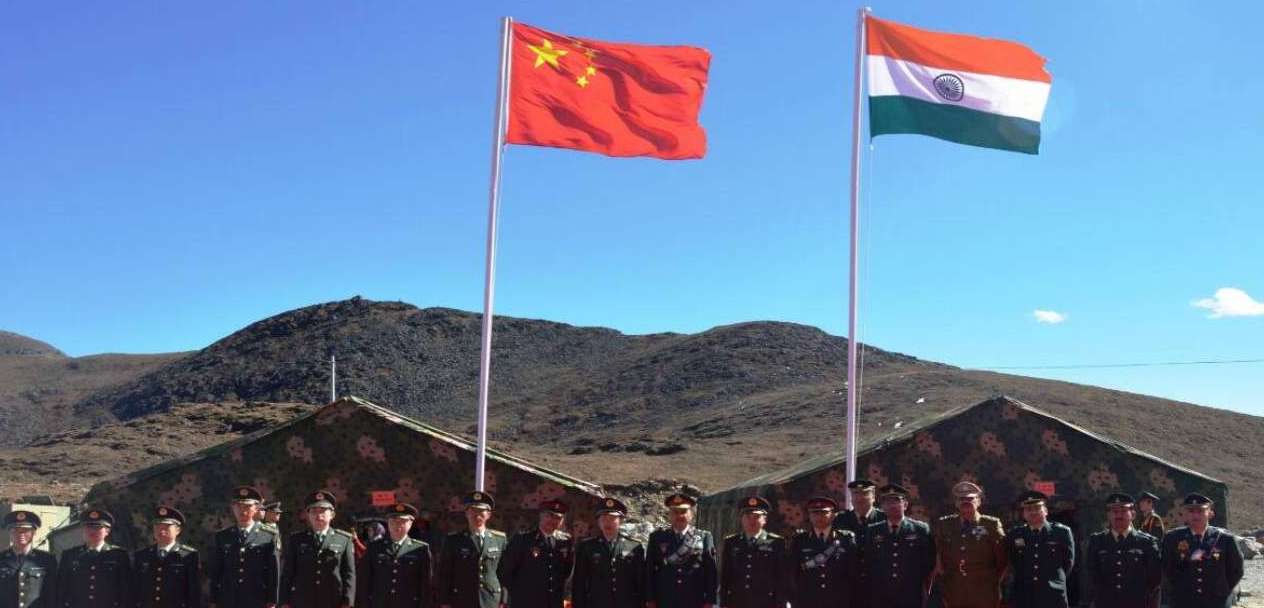
A file photo.
NEW DELHI (PTI): Maintaining a "higher level of operational preparedness at all time" and improving infrastructure, especially along the northern borders, were some of the key lessons from the eastern Ladakh border standoff, Army Chief General Manoj Pande said on Tuesday.
He said this in response to a question during an interaction held at India Defence Conclave in New Delhi.
When asked by the host what was the next step after the recent disengagement of Indian and Chinese militaries from Patrolling Point 15 in the Gogra-Hotsprings area in eastern Ladakh, he said, "We have made progress in terms of disengagement from friction points. We still have two friction points where we need to move forward.
"We are hopeful as we move forward, talking through both military and diplomatic levels. And, I am sure we will be able to find resolution towards these friction points. That is our immediate aim to disengage from these friction points, before we look at to next step, of perhaps, de-escalation, which will involve pull back of troops."
Asked about the situation in Jammu and Kashmir, the Army Chief said, "The situation in J&K is well under control."
Also, the abrogation of Article 370 and the kind of "whole of nation approach" adopted have resulted in a "number of positives", he said.
"Besides, violence level has come down significantly. In the hinterland, protests or incidents of stone pelting have reduced," he said, adding that infiltration at LoC has come down.
The eastern Ladakh border standoff erupted on May 5, 2020, following a violent clash in the Pangong lake areas.
Indian and Chinese militaries on Sept. 12 had moved back their frontline troops to the rear locations from the face-off site of Patrolling Point 15 in the Gogra-Hotsprings area in eastern Ladakh and dismantled temporary infrastructure there as part of a five-day disengagement process.
People familiar with the development had said the two sides disengaged as per the plan which also entailed a joint verification of the entire process.
Though the two sides disengaged from Patrolling Point 15, there has been no progress yet on resolving the standoff in Demchok and Depsang regions.
Asked what were the key lessons from the standoff, Gen Pande said, one was to "maintain a higher level of operational preparedness at all time".
"Also, importance of infrastructure development, especially along our northern borders, and I am also referring to areas opposite Arunachal Pradesh or the Eastern Sector, besides Ladakh," he added.
"We also realised that there is adequate scope for infusion of new technology, and that is something we need to leverage, to enhance our abilities to address challenges in the future," the Army Chief said.
He said "We need to have a strategy to effectively operate in the grey zone as well, and build our capabilities".
Since May 2020, a significant amount of enhancement in Army's infrastructure, especially in the context of eastern Ladakh, has taken place, Gen Pande said.
The Army is also focussing on "creating infrastructure, road connectivity right up to the border, and have inter-valley connection", he said, in response to another question during the interaction.
He praised the "tremendous support" the Army received from the IAF in eastern Ladakh, saying, "in a very short time we were able to induct additional troops and heavy equipment, which I feel was very remarkable".
On other projects, he said the Army is using AI to enhance its capabilities.
"In context of what is happening in Jammu and Kashmir, we have used AI for detecting suspicions vehicles. We have hooked on to databases of regional transport (authorities), so that any alien or foreign vehicle can be tracked. These are some of the projects that have made a very good headway," he added.
Also, the startup ecosystem has been "stepped up in a major way", Gen Pande said.
 Previous Article
Previous Article Next Article
Next Article



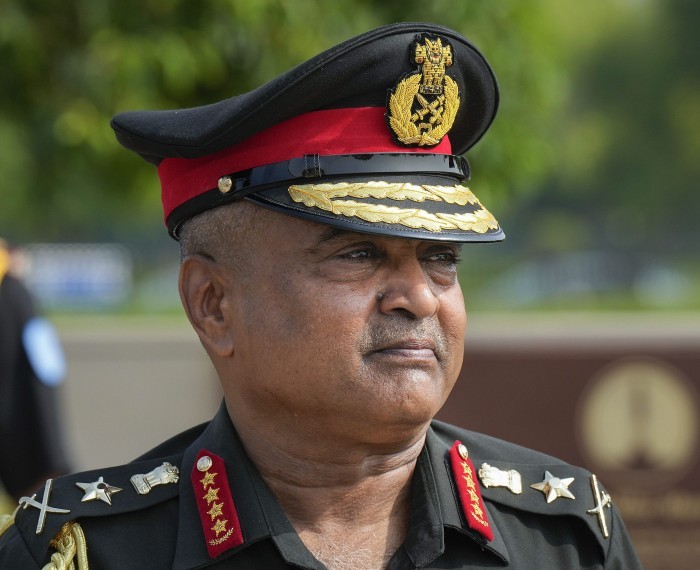

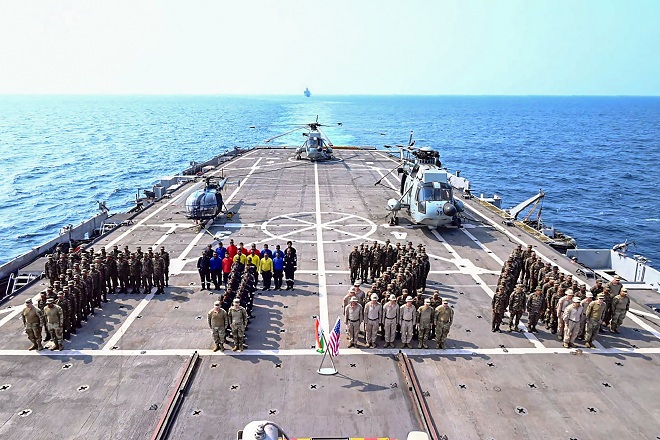
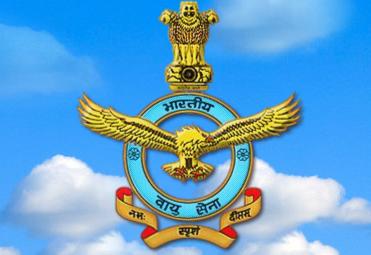

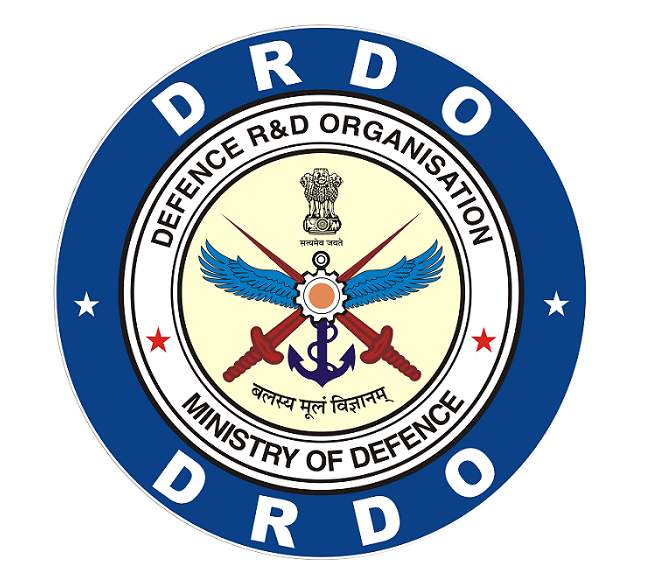





The Indian Air Force, in its flight trials evaluation report submitted before the Defence Ministry l..
view articleAn insight into the Medium Multi-Role Combat Aircraft competition...
view articleSky enthusiasts can now spot the International Space Station (ISS) commanded by Indian-American astr..
view article